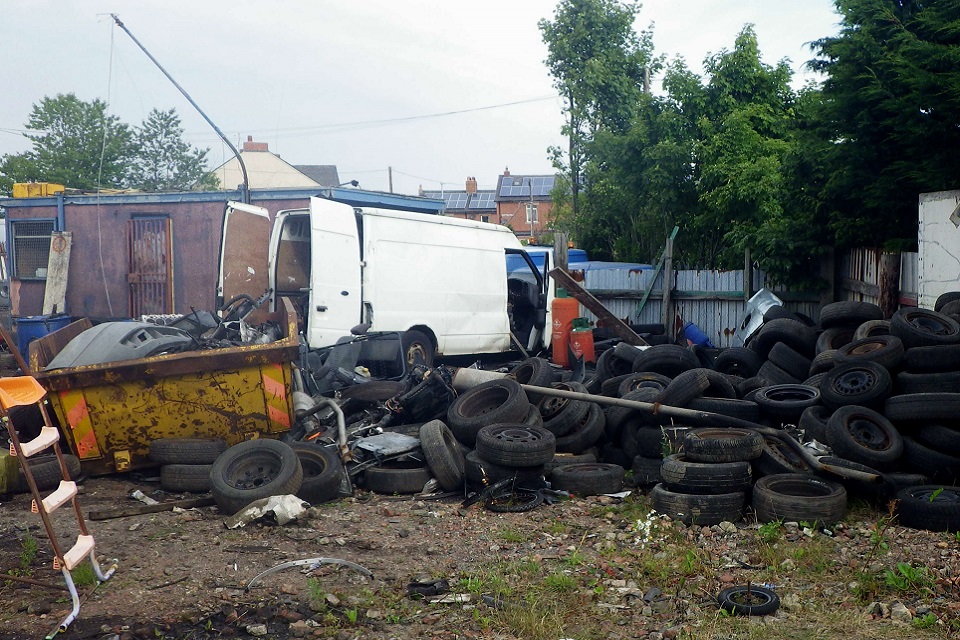Press release: Ineos is granted environmental permit for exploratory borehole in Derbyshire
The Environment Agency has granted an environmental permit to allow Ineos Upstream Ltd to drill an exploratory borehole at a site in Derbyshire.
The ‘Standard Rules’ permit allows the company to carry out drilling, waste management, and low-risk testing at its Bramleymoor Lane drilling site, near the village of Marsh Lane. It does not allow fracking.
Standard Rules permits include fixed rules and conditions that cover common, low-risk industrial activities. They are issued to companies only after they demonstrate that they understand and can manage the risks to people and the environment.
If the firm wishes to carry out additional activities on the site in the future, it must submit a bespoke permit application that is tailored to those activities.
A spokesperson for the Environment Agency said:
Our regulatory controls for onshore oil and gas are in place to protect people and the environment. Standard Rules permits are common across industry and maintain high levels of environmental protection. They do not allow companies to carry out fracking – this activity requires a bespoke permit application which would be subject to a site-specific environmental risk assessment and extensive public consultation.
As with all decisions on whether to issue environmental permits, we will assess a company’s proposals to ensure they meet strict requirements. If an activity poses an unacceptable risk to the environment, the activity will not be permitted.
The public documentation relating to this and other permits of Ineos can be viewed here: consult.environment-agency.gov.uk/psc/ineos-upstream-limited-exploration-sites.
